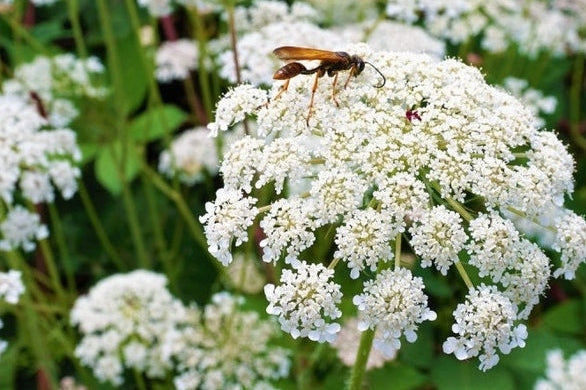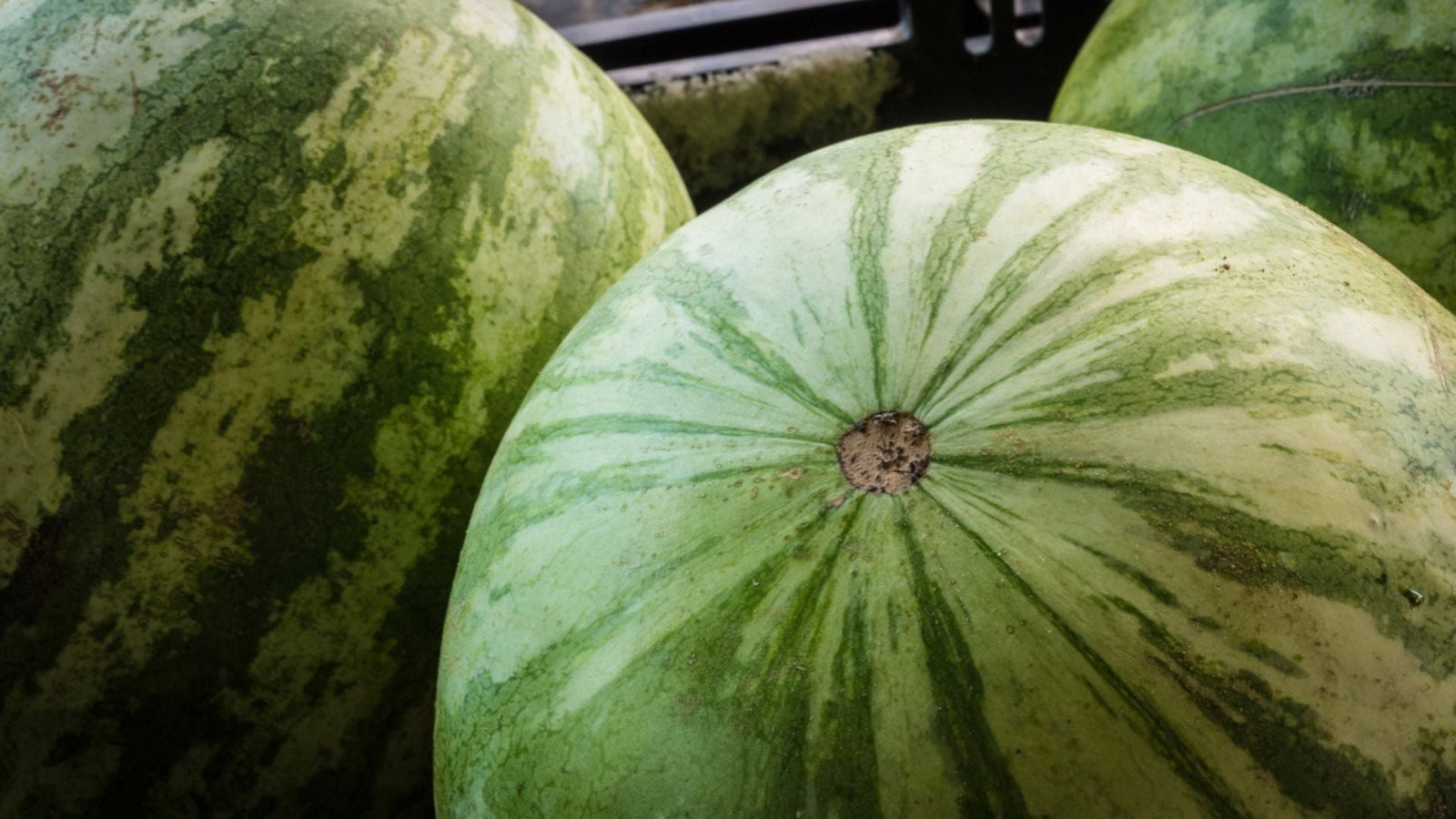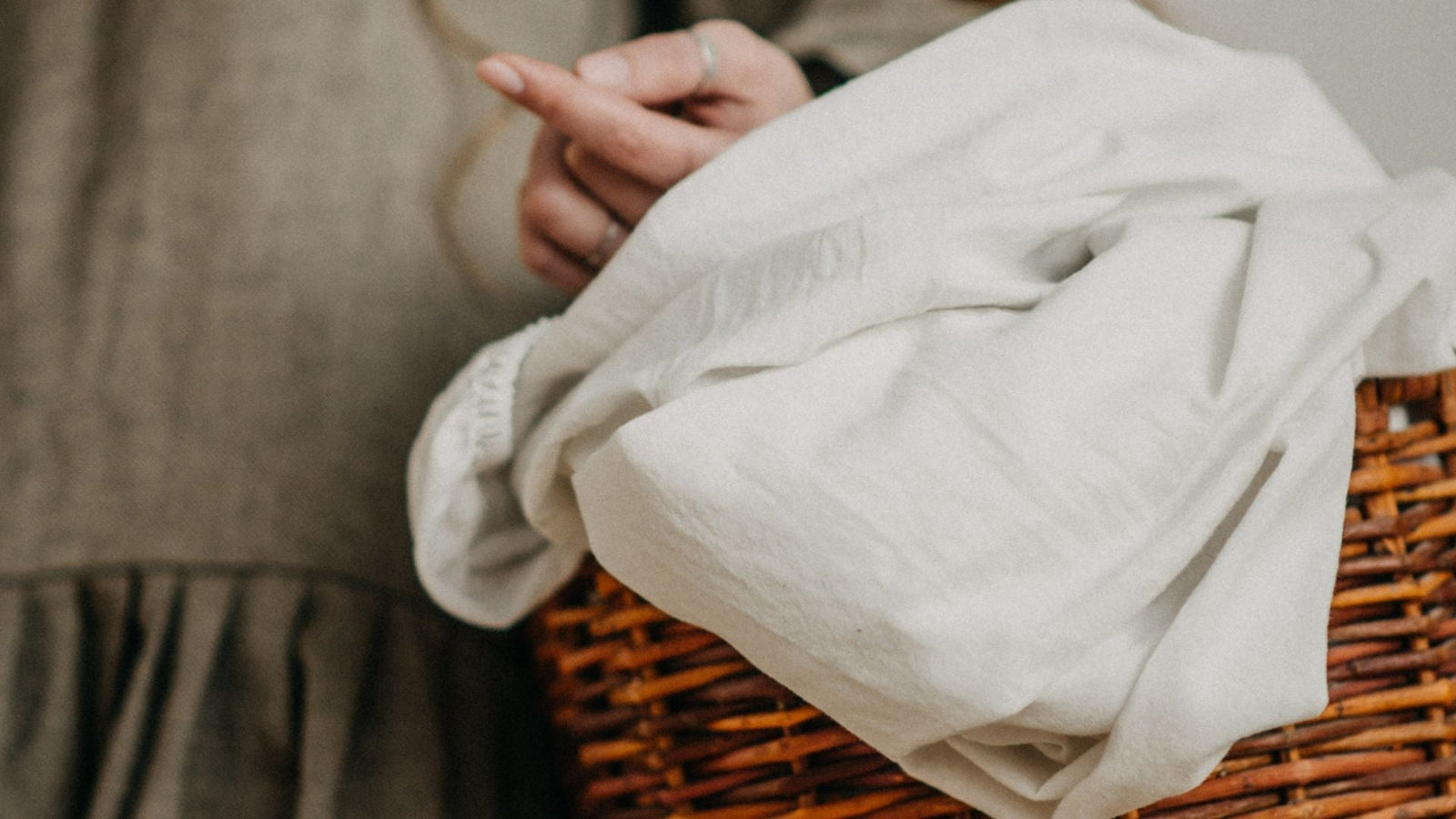Queen Anne's Lace
Queen Anne's Lace is a stunning plant with large, white lace-like flowers. It is said to be named after Queen Anne of England who was an expert lace maker.
This common name covers two Genus of this plant. Ammi Majus is an annual that is used to treat skin disease and Dausus Carota is a biennial which is a wildflower of Britain and Ireland with a rich history of being used as a food source with it's edible carrot-like roots used in soups and stews.
Ammi Majus is most commonly grown in Australia and is a fabulous integrated pest management tool!
Ammi Majus Plant Details and Growing Information
|
Family |
Apiaceae (Carrot Family) |
|
Scientific Name |
Ammi Majus |
|
Common Names |
Queen Anne's Lace, Bishop's Lace, Bullwort, Laceflower and False Queen Anne's Lace |
|
How to Germinate |
Spread your seeds on prepared, moist, well-drained and fertile soil where you would like to grow them and gently mist water. Plants to ideally grow 50cm apart. |
|
When to Sow |
Autumn to Spring |
|
Growth Height |
Approx. 90-150cm |
|
Position |
Sunny |
Garden Benefits
When interspersed throughout your garden, the beautiful Queen Anne's Lace flowers can attract a range of beneficial insects to your garden due to its pollen and nectar producing flowers.
Following are examples of insects that will come and what they will do to help you out!
- Lacewings - Sometimes called "Aphid Lions," lacewing larvae feed on aphids, mites, and other small pests.
- Ladybugs - Beautiful additions to your garden and who lay larvae that will eat pests.
- Hoverflies - Adults look like little bees that hover and dart around (but don't sting) and who lay little caterpillar-like maggots that feed on aphids, mealybugs, and other small pests.
- Parasitic Mini-Wasps - A variety of non-stinging insects that lay their eggs in the bodies of insect pests, killing things like moth eggs, caterpillars, and fly larvae.
We sell Queen Anne's Lace (Ammi Majus) seeds at Urban Revolution if you would like to try growing some this Spring! They will help to protect your garden from pests all the way through from Spring to Autumn.
Chat to us in-store if you would like more info. 😊
References:
https://www.dayliliesinaustralia.com.au/queen-annes-lace-wild-flower-edable/
https://www.gardeningknowhow.com/ornamental/flowers/queen-annes-lace/queen-annes-lace-plant.htm
https://permaculturenews.org/2014/10/04/plants-attract-beneficial-insects/
https://bie.ala.org.au/species/http://id.biodiversity.org.au/node/apni/2889364







Leave a comment (all fields required)